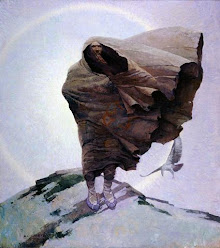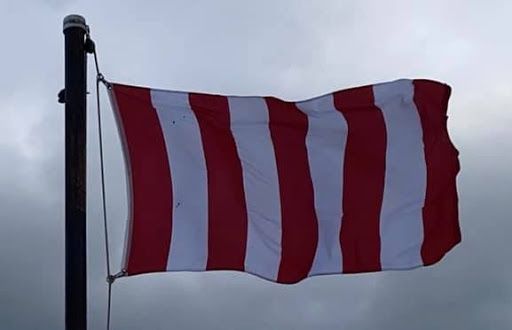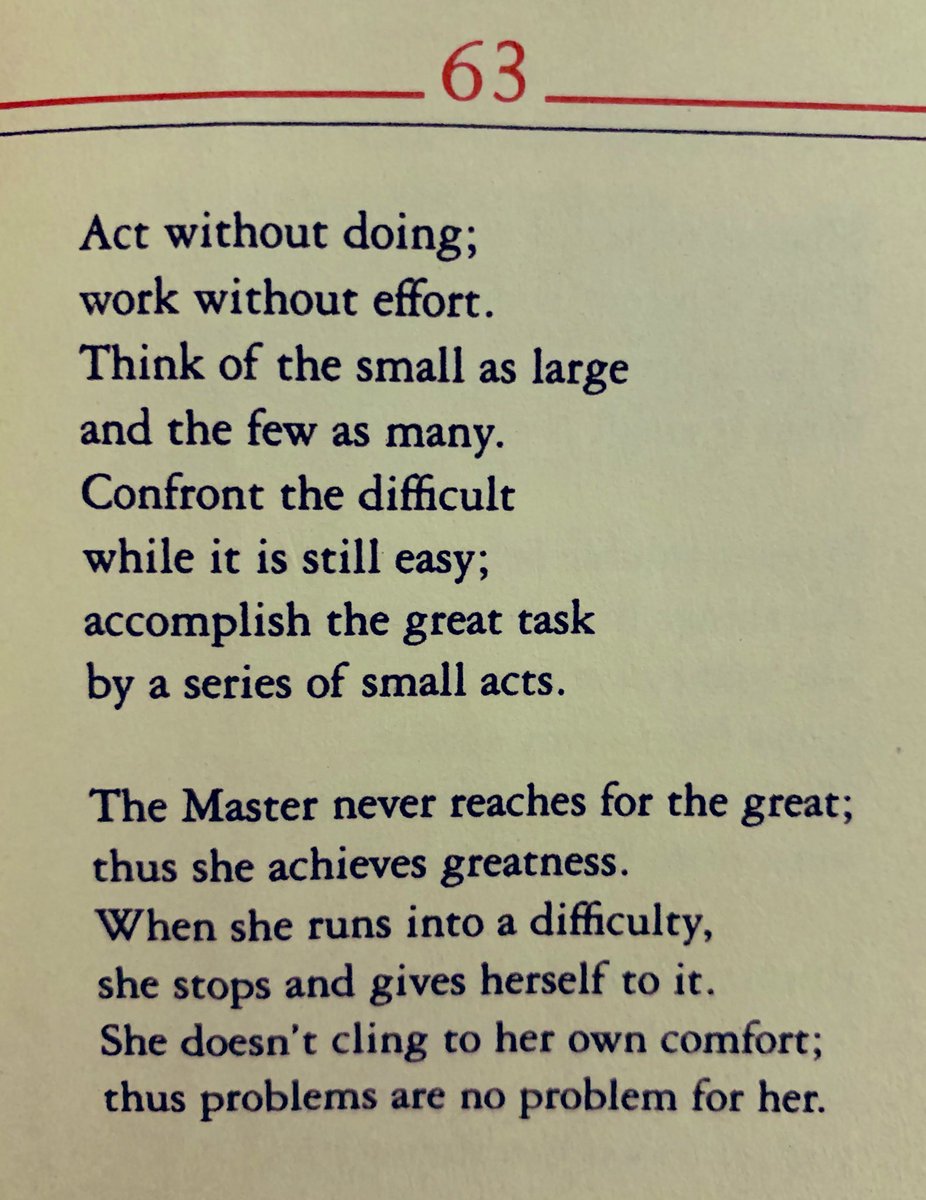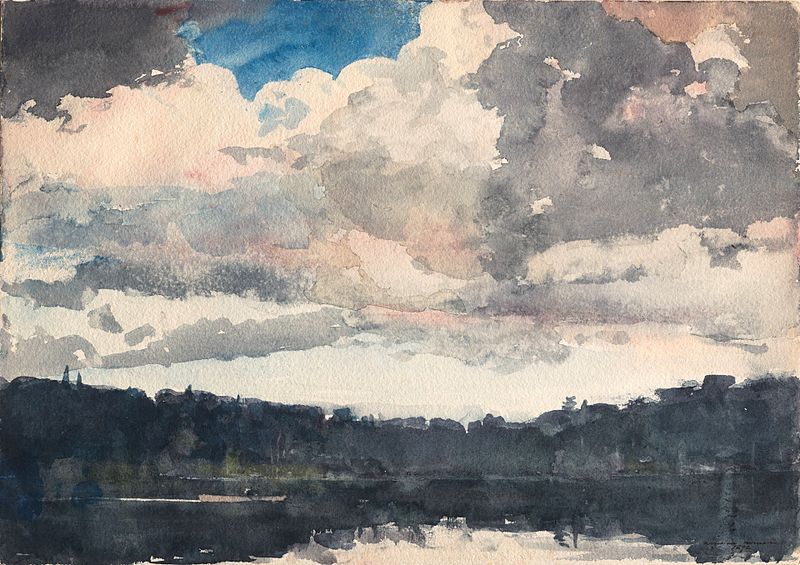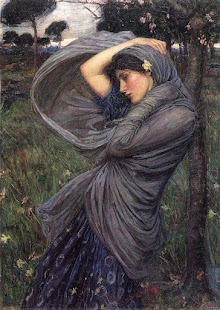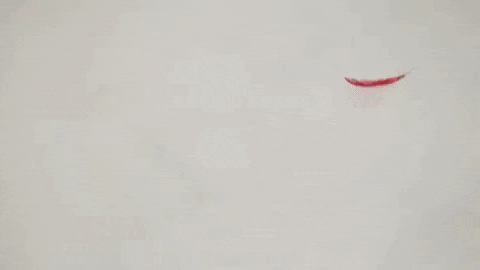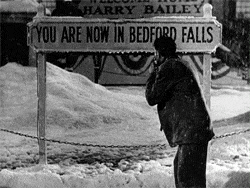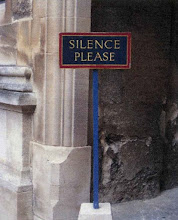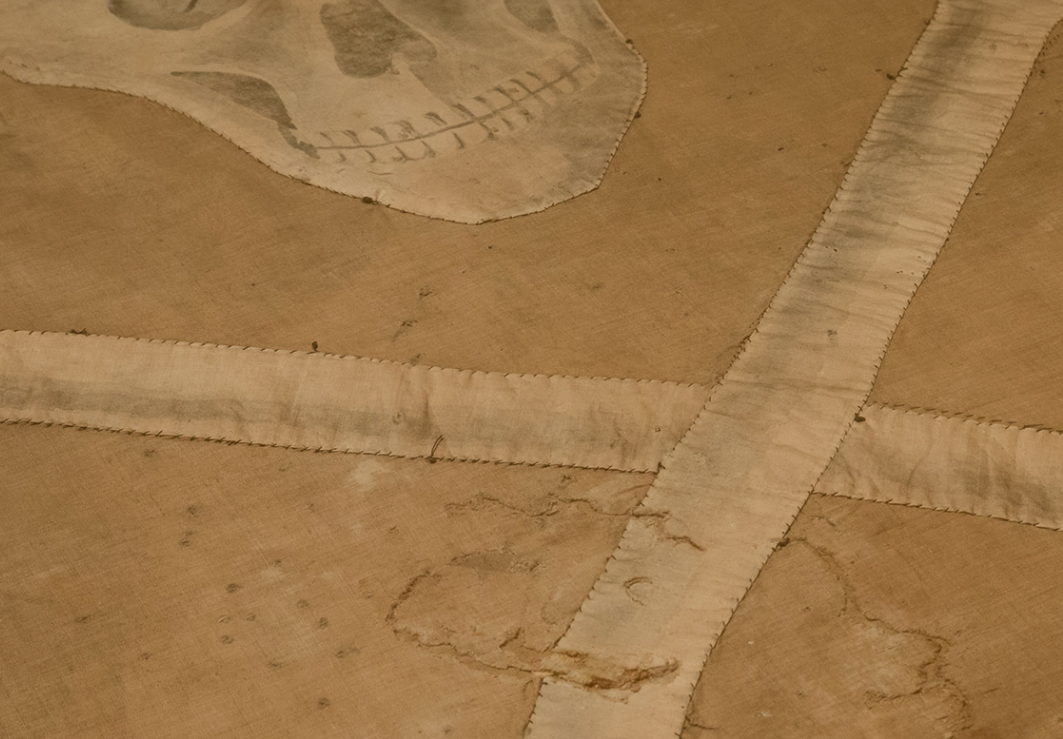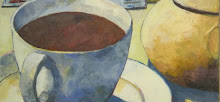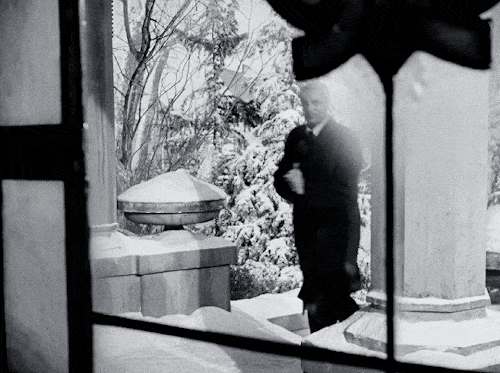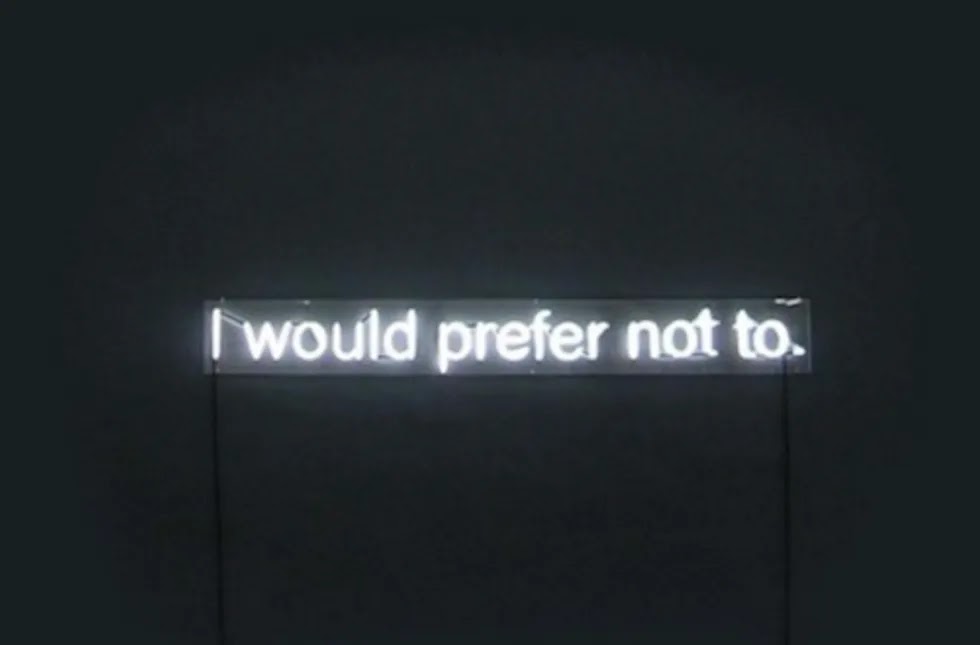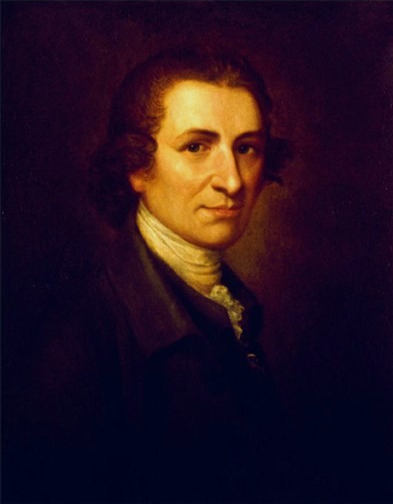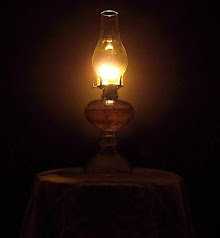30 August 2019
Needed.
The blue-backed notebooks, the two pencils and the pencil sharpener (a pocket knife was too wasteful), the marble-topped tables, the smell of early morning, sweeping out and mopping, were all you needed.
Ernest Hemingway
29 August 2019
Comes.
The poet must work with brush and paper,
but this is not what makes the poem.
A man does not go in search of a poem --
the poem comes in search of him.
Yang Wan-Li
27 August 2019
Spirit.
Réau, Penumbra II, 2012
NUTTING
—It seems a day
(I speak of one from many singled out)
One of those heavenly days that cannot die;
When, in the eagerness of boyish hope,
I left our cottage-threshold, sallying forth
With a huge wallet o'er my shoulders slung,
A nutting-crook in hand; and turned my steps
Tow'rd some far-distant wood, a Figure quaint,
Tricked out in proud disguise of cast-off weeds
Which for that service had been husbanded,
By exhortation of my frugal Dame—
Motley accoutrement, of power to smile
At thorns, and brakes, and brambles,—and, in truth,
More ragged than need was! O'er pathless rocks,
Through beds of matted fern, and tangled thickets,
Forcing my way, I came to one dear nook
Unvisited, where not a broken bough
Drooped with its withered leaves, ungracious sign
Of devastation; but the hazels rose
Tall and erect, with tempting clusters hung,
A virgin scene!—A little while I stood,
Breathing with such suppression of the heart
As joy delights in; and, with wise restraint
Voluptuous, fearless of a rival, eyed
The banquet;—or beneath the trees I sate
Among the flowers, and with the flowers I played;
A temper known to those, who, after long
And weary expectation, have been blest
With sudden happiness beyond all hope.
Perhaps it was a bower beneath whose leaves
The violets of five seasons re-appear
And fade, unseen by any human eye;
Where fairy water-breaks do murmur on
For ever; and I saw the sparkling foam,
And—with my cheek on one of those green stones
That, fleeced with moss, under the shady trees,
Lay round me, scattered like a flock of sheep—
I heard the murmur, and the murmuring sound,
In that sweet mood when pleasure loves to pay
Tribute to ease; and, of its joy secure,
The heart luxuriates with indifferent things,
Wasting its kindliness on stocks and stones,
And on the vacant air. Then up I rose,
And dragged to earth both branch and bough, with crash
And merciless ravage: and the shady nook
Of hazels, and the green and mossy bower,
Deformed and sullied, patiently gave up
Their quiet being: and, unless I now
Confound my present feelings with the past;
Ere from the mutilated bower I turned
Exulting, rich beyond the wealth of kings,
I felt a sense of pain when I beheld
The silent trees, and saw the intruding sky.—
Then, dearest Maiden, move along these shades
In gentleness of heart; with gentle hand
Touch—for there is a spirit in the woods.
William Wordsworth
26 August 2019
25 August 2019
Reflect.
The blue waters of the Chesapeake lap against the shore. Sunbathers lounge in deckchairs as black children and white children run and play on the beach. And close by stands a magnificent oak tree, its trunk stretching three great arms and canopies of leaves high into the tranquil sky.
Over half a millennium, the Algernoune Oak has witnessed war and peace and the fall of empires, but never a day like the one in late August 1619. It was here that the White Lion, a 160-ton English privateer ship, landed at what was then known as Point Comfort. On board were more than 20 captives seized from the Kingdom of Ndongo in Angola and transported across the Atlantic. This dislocated, unwilling, violated group were the first enslaved Africans to set foot in English North America – ushering in the era of slavery in what would become the United States.
This site, now Fort Monroe in Hampton, southern Virginia, will host a weekend of 400th anniversary commemorations on 23-25 August, culminating in a symbolic release of butterflies and nationwide ringing of bells. Americans of all races will reflect on a historical pivot point that illuminates pain and suffering but also resilience and reinvention.
CONNECT
24 August 2019
Germany.
Nobody in the long history of baseball ever craved the spotlight more than Herman “Germany” Schaefer, for whom no gag was too outrageous or primitive and no audience too small or unfriendly. To protest an umpire’s decision to keep a game going in fading light, he trotted out to his position with a lantern in hand. On rainy days, he carried an umbrella onto the field, wore a raincoat and boots to the plate, or splashed barefoot in the puddles. He tip-toed along the foul line like a tightrope walker and rowed across the outfield grass using bats as oars. And, most famously, he occasionally stole first base.
Schaefer first pulled off his signature stunt in a game against Cleveland, most likely in 1908 (the exact date is unclear). “They say it can’t be done,” Tigers outfielder Davy Jones told author Larry Ritter many years later, “but I saw him do it.”
Jones was perched on third base in the late stages of a tied ballgame. Schaefer was on first base. Hoping to draw a throw that would allow Jones to race home with the go-ahead run, Schaefer stole second. However, the catcher, wise to the strategy, held onto the ball. “So now we had men on second and third,” Jones recalled. “Well, on the next pitch Schaefer yelled, ‘Let’s try it again!’ And with a blood-curdling shout he took off like a wild Indian back to first base, and dove in headfirst in a cloud of dust. He figured the catcher might throw to first–since he evidently wouldn’t throw to second–and then I would come home same as before. But nothing happened. Nothing at all. Everybody just stood there and watched Schaefer, with their mouths open, not knowing what the devil was going on.”
Even if the catcher had thrown to first, Jones said, he was too flabbergasted to move off third. “The umpires were just as confused as everybody else. However, it turned out that at that time there wasn’t any rule against a guy going from second back to first, if that’s the way he wanted to play baseball, so they had to let it stand. So there we were, back where we started, with Schaefer on first and me on third. And on the next pitch darned if he didn’t let out another war whoop and take off again for second base. By this time the Cleveland catcher evidently had enough, because he finally threw to second to get Schaefer, and when he did I took off for home and both of us were safe.”
Read the rest at The Detroit Athletic Company.
Storehouse.
Nowadays the book’s a ‘classic’, but how many of us have read all the words – 135 chapters – and finished it? Not many. Not enough. Garrison Keillor noted in 2016: “With the time I’ve wasted over the past 40 years looking for my reading glasses, I could have written Moby-Dick and written it better. Not all that yik-yak about melancholy and breakfast and the nature of evil, but cut to the chase and harpoon the dang whale and bring a couple of dames aboard the Pequod for the general interest.” He was only half joking. He’d never read the thing.
Moby Dick is a “storehouse of language, incident and strange wisdom”, the story of the heroic whale who endures a persistent effort to exterminate it. The book is worth the effort. But it takes time. We need help. We need a way to let us move through the book. Step forward artist and librarian Matt Kish, who took on the mammoth task of illustrating the book’s 552 pages of what he calls “the greatest novel ever written”.
CONNECT
Matt Kish on Moby-Dick ...
Happy Birthday, Borges
A writer - and, I believe, generally all persons - must think that whatever happens to him or her is a resource. All things have been given to us for a purpose, and an artist must feel this more intensely. All that happens to us, including our humiliations, our misfortunes, our embarrassments, all is given to us as raw material, as clay, so that we may shape our art.
Jorge Luis Borges
23 August 2019
22 August 2019
Wait.
Elie Wiesel, from Night
Believe.
André Gide
Believe.
I believe that no discovery of fact, however trivial, can be wholly useless to the race, and that no trumpeting of falsehood, however virtuous in intent, can be anything but vicious.
I believe that the evidence for immortality is no better than the evidence of witches, and deserves no more respect.
I believe in the complete freedom of thought and speech — alike for the humblest man and the mightiest, and in the utmost freedom of conduct that is consistent with living in organized society.
I believe in the capacity of man to conquer his world, and to find out what it is made of, and how it is run.
I believe in the reality of progress.
I —But the whole thing, after all, may be put very simply. I believe that it is better to tell the truth than to lie. I believe that it is better to be free than to be a slave. And I believe that it is better to know than be ignorant.
H.L. Mencken
Freedom.
George Orwell
Raise.
Thomas Paine
Liberty.
Modern liberty means that nobody is allowed to discuss it. Good taste, the last and vilest of human superstitions, has succeeded in silencing us where all the rest have failed.
G.K. Chesterton
Engage.
That’s why all of us should seek respectfully to engage with people who challenge our views. And we should oppose efforts to silence those with whom we disagree—especially on college and university campuses. As John Stuart Mill taught, a recognition of the possibility that we may be in error is a good reason to listen to and honestly consider—and not merely to tolerate grudgingly—points of view that we do not share, and even perspectives that we find shocking or scandalous. What’s more, as Mill noted, even if one happens to be right about this or that disputed matter, seriously and respectfully engaging people who disagree will deepen one’s understanding of the truth and sharpen one’s ability to defend it.
None of us is infallible. Whether you are a person of the left, the right, or the center, there are reasonable people of goodwill who do not share your fundamental convictions. This does not mean that all opinions are equally valid or that all speakers are equally worth listening to. It certainly does not mean that there is no truth to be discovered. Nor does it mean that you are necessarily wrong. But they are not necessarily wrong either. So someone who has not fallen into the idolatry of worshiping his or her own opinions and loving them above truth itself will want to listen to people who see things differently in order to learn what considerations—evidence, reasons, arguments—led them to a place different from where one happens, at least for now, to find oneself.
All of us should be willing—even eager—to engage with anyone who is prepared to do business in the currency of truth-seeking discourse by offering reasons, marshaling evidence, and making arguments. The more important the subject under discussion, the more willing we should be to listen and engage—especially if the person with whom we are in conversation will challenge our deeply held—even our most cherished and identity-forming—beliefs ...
Our willingness to listen to and respectfully engage those with whom we disagree (especially about matters of profound importance) contributes vitally to the maintenance of a milieu in which people feel free to speak their minds, consider unpopular positions, and explore lines of argument that may undercut established ways of thinking. Such an ethos protects us against dogmatism and groupthink, both of which are toxic to the health of academic communities and to the functioning of democracies.
Cornel West and Robert George
CONNECT
Argument.
Salman Rushdie
Safety.
Peale, Thomas Jefferson, 1791
If there be any among us who would wish to dissolve this Union, or to change its republican form, let them stand undisturbed as monuments of the safety with which error of opinion may be tolerated, where reason is left free to combat it.
Thomas Jefferson
If there be any among us who would wish to dissolve this Union, or to change its republican form, let them stand undisturbed as monuments of the safety with which error of opinion may be tolerated, where reason is left free to combat it.
Thomas Jefferson
Defend.
Neil Gaiman
Right.
No one has the right to live without being shocked. No one has the right to spend their life without being offended.
Philip Pullman
Happy Birthday, Debussy
Claude Debussy was born on this date in 1862.
There is no theory. You have only to listen. Pleasure is the law. I love music passionately. And because l love it, I try to free it from barren traditions that stifle it. It is a free art gushing forth — an open-air art, boundless as the elements, the wind, the sky, the sea. It must never be shut in and become an academic art.
Claude Debussy
Alain Planès performs Rêverie ...
21 August 2019
Moment.
Manet, A Garden Urn, 1879
When tea becomes ritual, it takes its place at the heart of our ability to see greatness in small things. Where is beauty to be found? In great things that, like everything else, are doomed to die, or in small things that aspire to nothing, yet know how to set a jewel of infinity in a single moment?
Muriel Barbery, The Elegance of the Hedgehogb
When tea becomes ritual, it takes its place at the heart of our ability to see greatness in small things. Where is beauty to be found? In great things that, like everything else, are doomed to die, or in small things that aspire to nothing, yet know how to set a jewel of infinity in a single moment?
Muriel Barbery, The Elegance of the Hedgehogb
Balanced.
For every parcel I stoop down to seize
I lose some other off my arms and knees,
And the whole pile is slipping, bottles, buns
Extremes too hard to comprehend at once,
Yet nothing I should care to leave behind.
With all I have to hold with hand and mind
And heart, if need be, I will do my best
To keep their building balanced at my breast.
I crouch down to prevent them as they fall;
Then sit down in the middle of them all.
I had to drop the armful in the road
And try to stack them in a better load.
Robert Frost
Antifragility.
Few understand that procrastination is our natural defense, letting things take care of themselves and exercise their antifragility; it results from some ecological or naturalistic wisdom, and is not always bad -- at an existential level, it is my body rebelling against its entrapment. It is my soul fighting the Procrustean bed of modernity.
Nassim Nicholas Taleb
Subscribe to:
Posts (Atom)

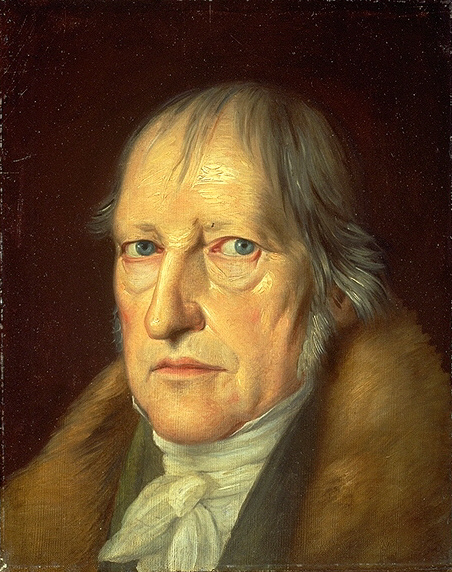
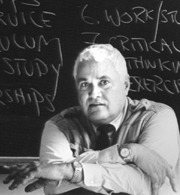
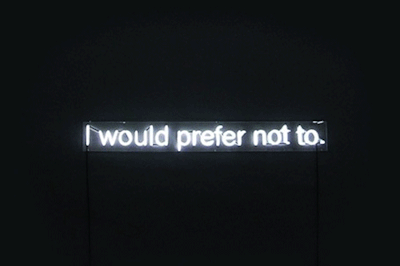

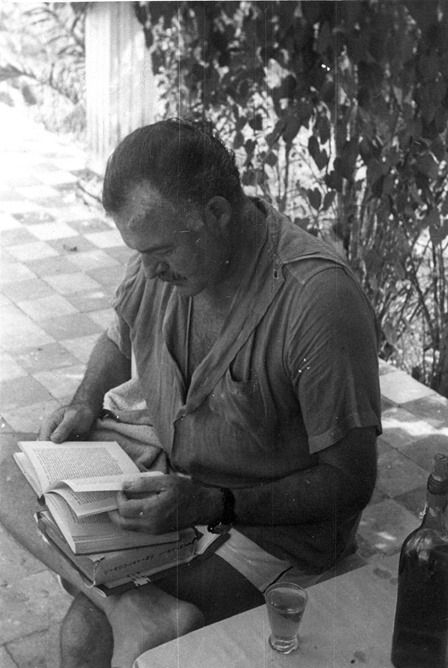


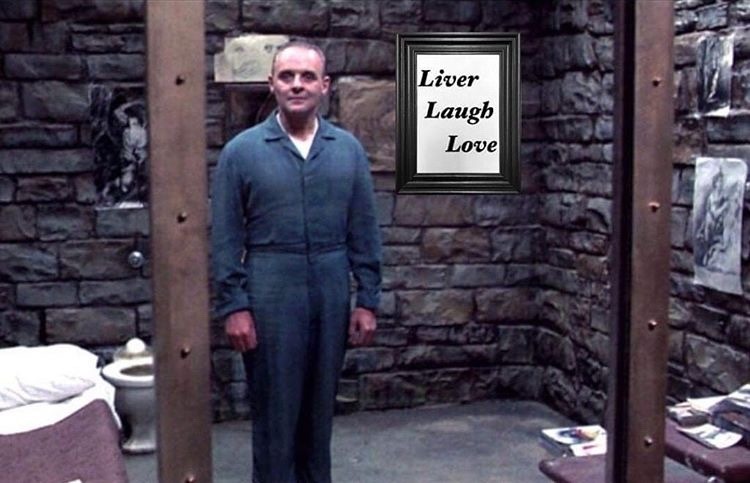



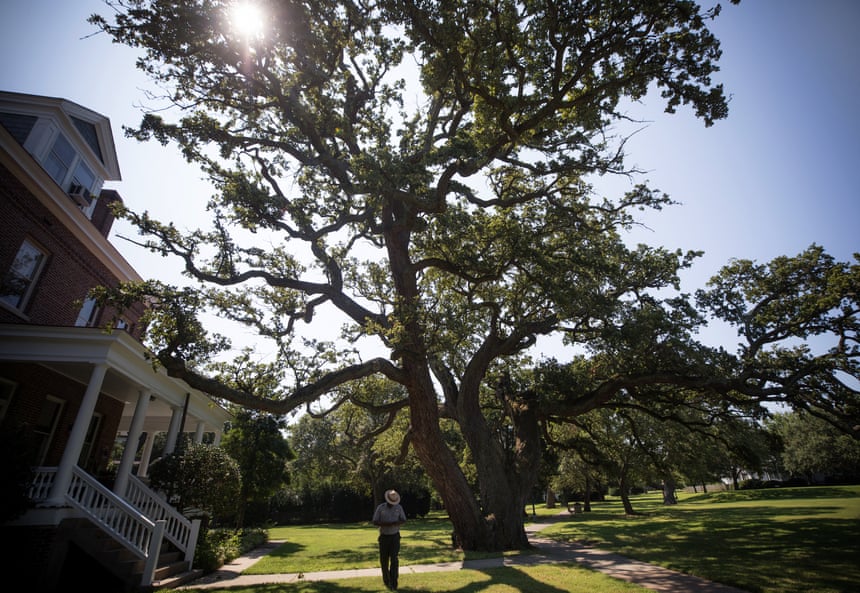


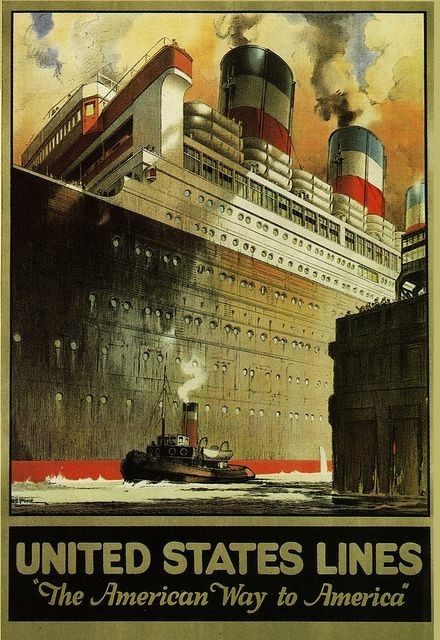






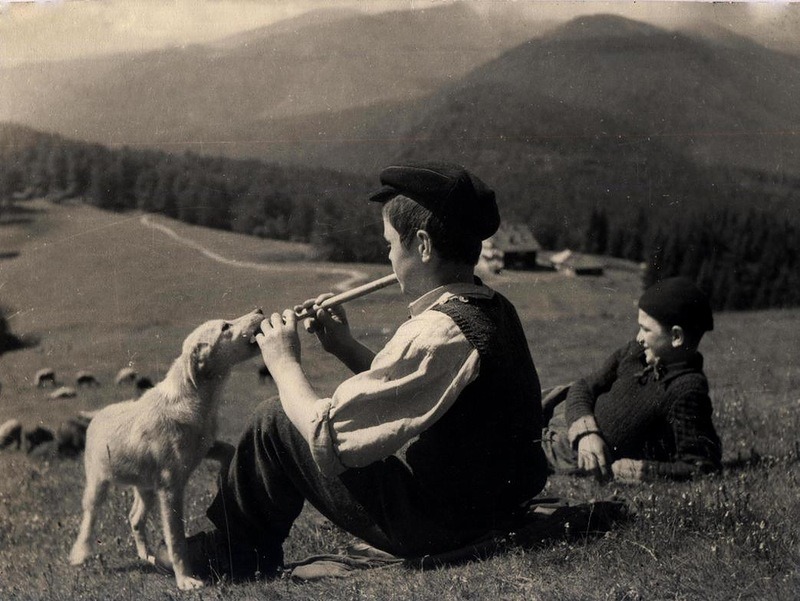



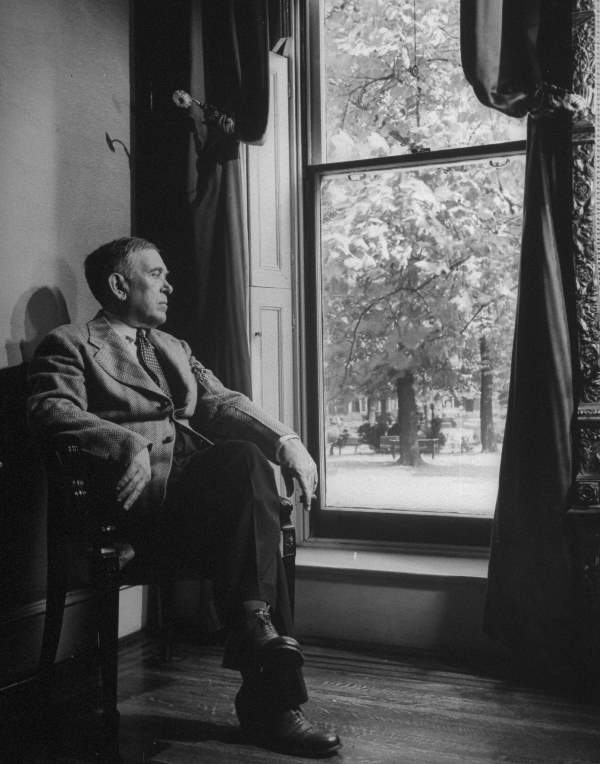



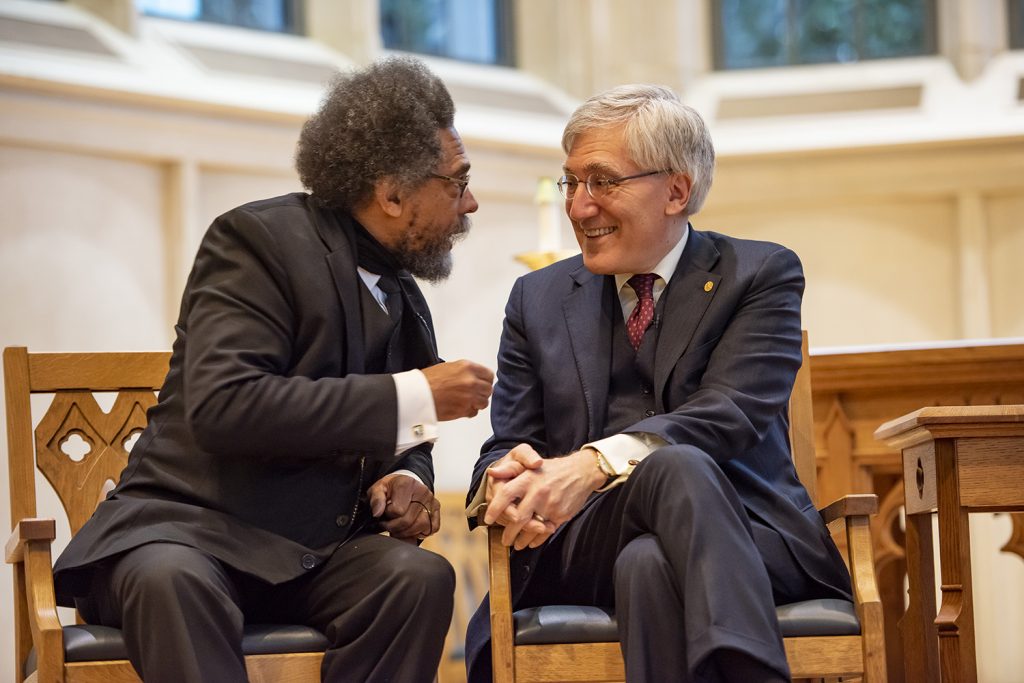

:max_bytes(150000):strip_icc()/GettyImages-96373159-4e14ef4841ea48d1a07d77916ee35767.jpg)



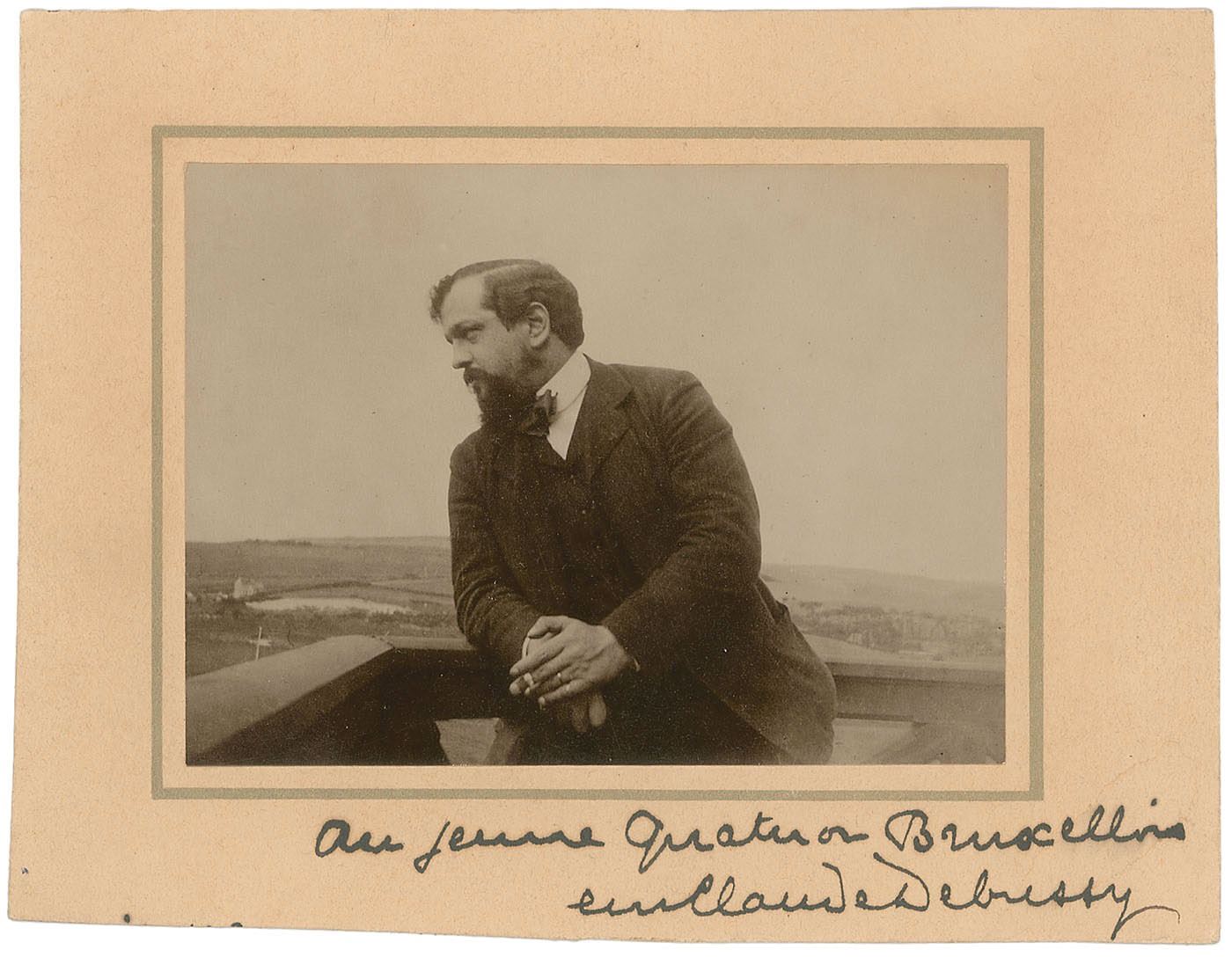



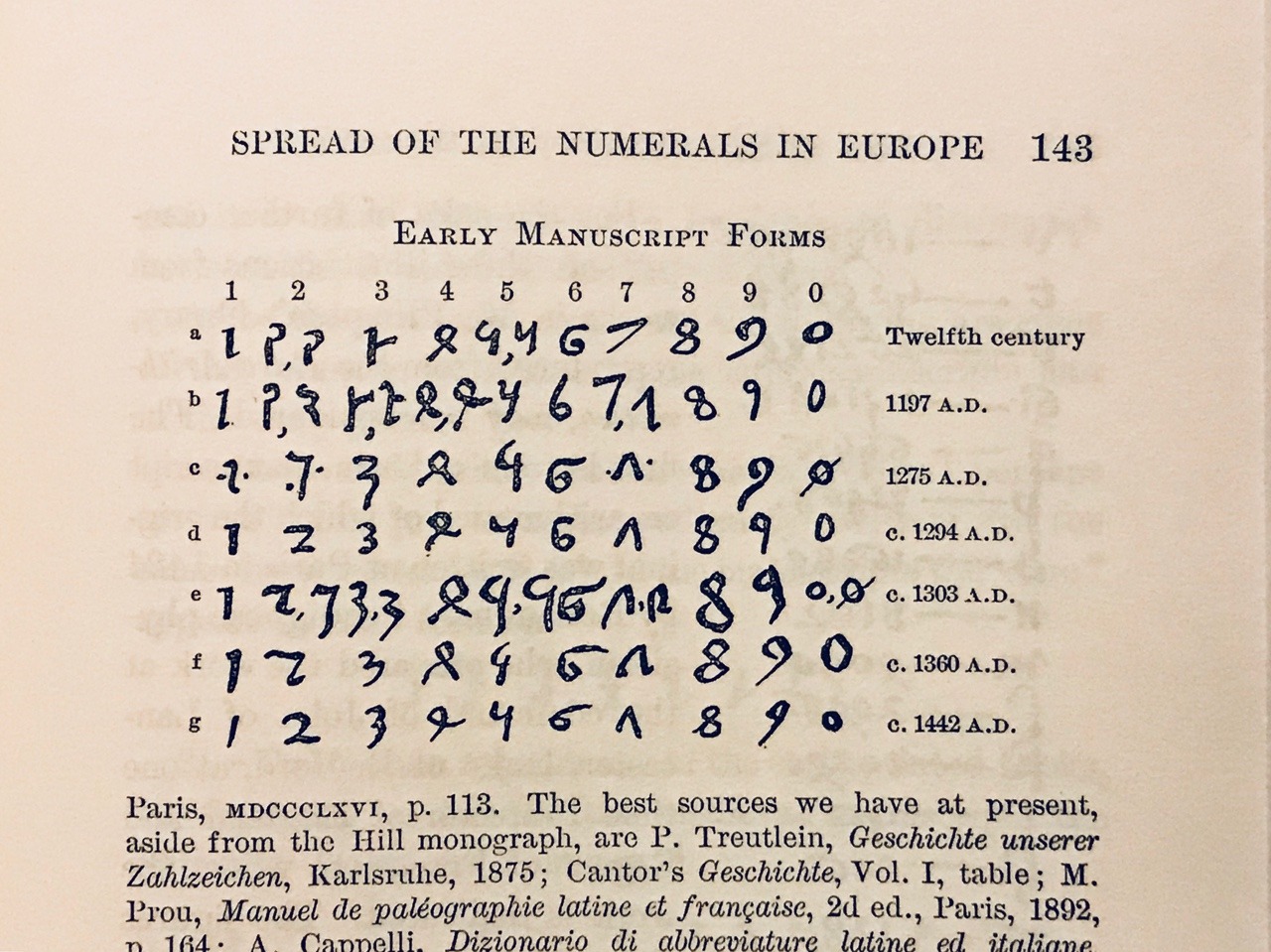
:max_bytes(150000):strip_icc():format(webp)/AnneFrank1940_crop-8fcb4b7c9f6249c188e810d36a9de4a5.jpg)













